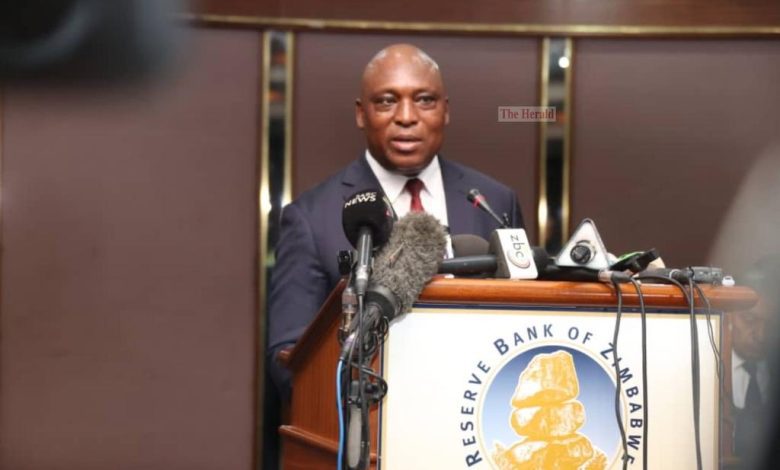RBZ staff take part in Comesa training to prevent bank failures
THE Reserve Bank of Zimbabwe is among the 10 Central Banks within the Common Market for Eastern and Southern Africa (Comesa) whose employees have been trained to prevent bank failures.
The capacity-building programme was recently conducted by the Comesa Monetary Institute focused on new accounting principles for financial instruments to prevent bank failures.
Zimbabwe’s banking sector has in recent years remained in a solid position due to tight supervision of the banking sector on adherence to good corporate governance practices by the monetary authorities.
“In an initiative to prevent failure of banks, which is common in the Comesa region, Comesa Monetary Institute has trained over 50 staff from 10 Central Banks in the region on new accounting principles for financial instruments,” said Comesa in a statement.
Other Central Banks’ staff from Comesa member States that attended the training programme include the Democratic Republic of Congo, Egypt, Kenya, Libya, Malawi, Mauritius, Tunisia, Uganda and Zambia.
Comesa Monetary Institute director Mr Ibrahim Zeidy, was quoted saying the training was motivated by recurrent bank failures in the Comesa region, like in many parts of the world, due to poor credit risk management frameworks and practices.
“The Basel Committee on banking supervision’s principles for management of credit risk recommends that banks should have an effective system in place to identify, measure, monitor and control credit risk as part of an overall approach to risk management,” he said.
The Basel Committee is the primary global standard-setter for the prudential regulation of banks and provides a forum for regular co-operation on banking supervisory matters.
It is believed that after the training, participants will be able to recognise impairment of financial instruments and offer practical hands-on knowledge on how to review internal capital adequacy.
In this context, they will be able to identify and assess credit risks by the banking system in their respective countries. The training also empowered participants to measure expected credit loss and the impact on banks’ financial statements.
Meanwhile, the Reserve Bank of Zimbabwe has put in place policy measures that are meant to ensure the failure or collapse of a domestic systemically important bank does not lead to economic or social costs to people beyond the shareholders, creditors and employees of the distressed institution.
The framework is also meant to make sure that the fall of a domestic systematically important bank does not lead to a market-wide disruption in the provision of financial services.
A domestic systematically important bank (D-SIB) is a banking institution whose sheer size and unique product offerings make it systemically important thereby presenting potential risks to the entire system and the real economy, in the event of getting into distress.
Such banking institutions, according to the RBZ, are sizeable, highly interconnected, with less substitutable products or high complexity, and their failure can lead to the paralysis of the economy.
The spillover effects of their collapse include disruption in the availability of financial services or supply of credit to the economy directly, to the extent that other banking institutions may not quickly fill the void. — chronclel.zw











